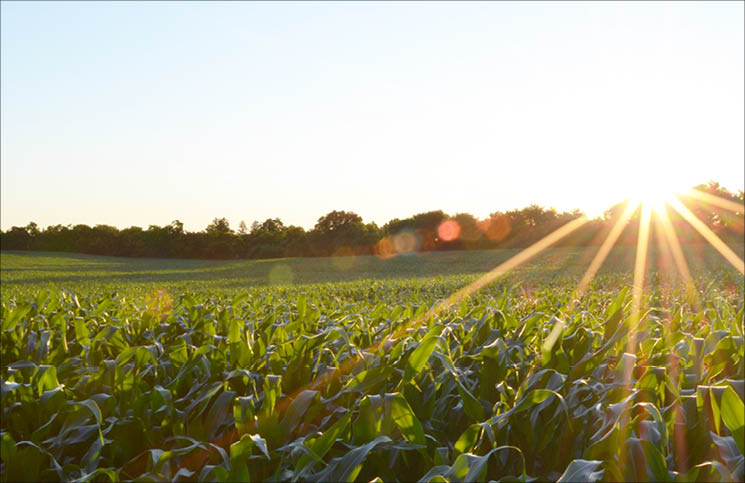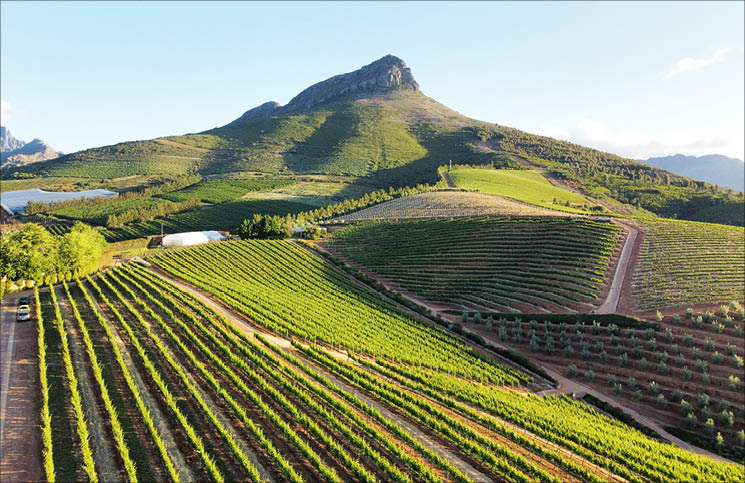South Africa’s agricultural sector is at a pivotal moment. Facing a complex web of challenges from volatile global markets to the relentless march of climate change, the industry is not just surviving—it’s adapting. The key to our resilience lies in a mix of strategic thinking, technological innovation, and a renewed focus on collaboration.
The Global Trade Tightrope: Diversifying to Survive
New tariffs and shifting international trade policies have created significant uncertainty. With major markets like the U.S. implementing new trade barriers, the conversation among farmers, exporters, and government bodies is dominated by one word: diversification. South Africa is actively pursuing new export agreements with countries in Asia and the Middle East. The successful opening of markets for our avocados in China and citrus in Vietnam are testament to this proactive approach. The industry is also advocating for improved trade logistics and a stronger collective front to navigate complex global politics.
The Thirsty Land: Water and Climate Resilience
Climate change is no longer a distant threat; it is a present reality. The agricultural community is constantly talking about how to manage increasing drought and water scarcity.
A recent study highlighted the critical link between water quality and food safety, putting pressure on the entire supply chain. Farmers are embracing cutting-edge water management technologies. From satellite-guided irrigation systems to soil moisture sensors, technology is being used to drastically improve efficiency. There’s also a growing adoption of regenerative agriculture practices, which focus on improving soil health to increase its water-holding capacity and build long-term resilience.

Fixing the Foundation: Tackling Infrastructure
For South African agriculture, getting a high-quality product from the farm gate to the dinner plate is a massive logistical challenge. The state of our rural roads and the severe congestion at major ports like Cape Town and Durban are a constant source of frustration and a major cost to the industry. While large-scale government-led infrastructure projects are slow, the private sector is stepping up. We’re seeing more farmer associations and agribusinesses pooling resources to repair critical roads. The focus is also on adopting digital logistics platforms to optimize transport routes, reducing post-harvest losses and speeding up delivery times.
The Smart Farm: Embracing Tech from the Ground Up
From the largest commercial farms to small-scale growers, the conversation around technology is louder than ever. Precision farming, data analytics, and automation are no longer future concepts—they are essential tools for a competitive advantage. The industry is moving beyond simply buying new machinery. There is a strong push to make technology more accessible and affordable, especially for small and emerging farmers. Agri-tech start-ups are creating solutions for shared logistics, on-demand machinery, and real-time market access, empowering a new generation of growers.
Biosecurity and Resilience: A Unified Front
The ongoing battle with Foot-and-Mouth Disease (FMD) is a stark reminder of the importance of biosecurity. New outbreaks, even if quickly contained, cause significant disruption and damage our international reputation. The focus is on a comprehensive, unified biosecurity strategy.
This includes a more robust and efficient vaccine rollout, stricter movement controls, and greater collaboration between government and industry bodies. We are also seeing new technologies, such as blockchain, being used to improve traceability and build consumer confidence both locally and abroad.
Ultimately, the challenges we face are significant, but so is our capacity to innovate. By embracing new technologies, diversifying our markets, and working together to solve our shared infrastructure and biosecurity issues, South African agriculture is well-positioned to not only survive the present, but to thrive in the future.
